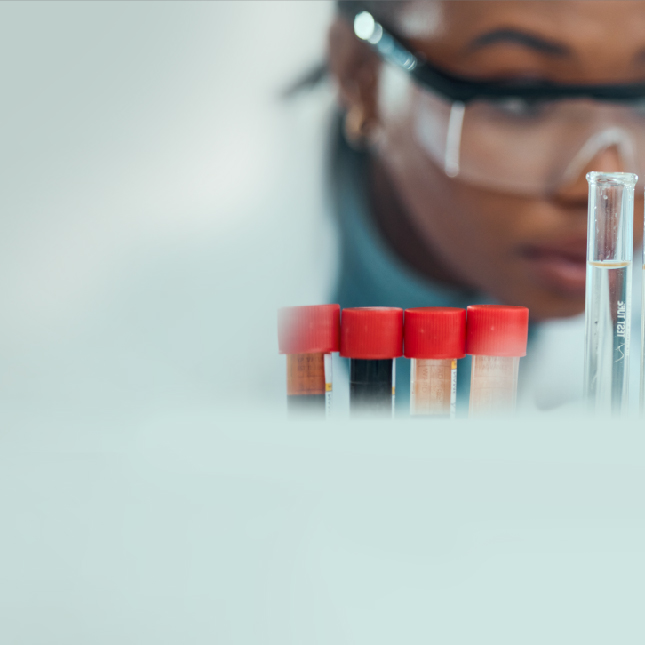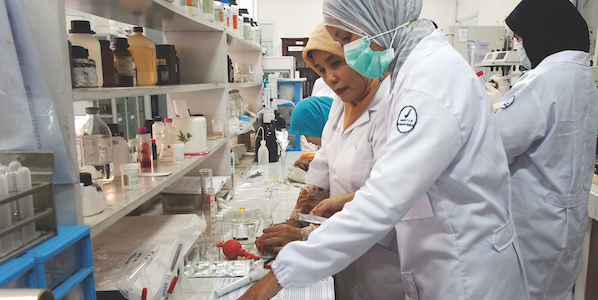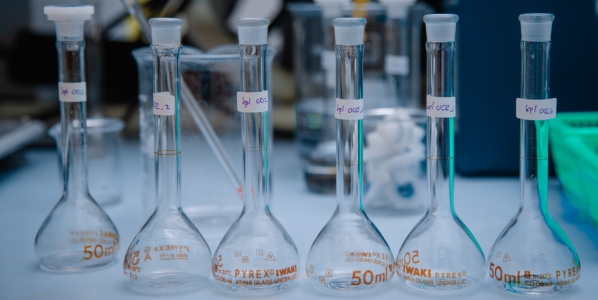A 2018 study in the Democratic Republic of Congo found that nearly 30% of pediatric medicines sampled were found to be of poor quality. Treatment with poor-quality medical products is a likely contributor to more than 300,000 child deaths in the Democratic Republic of Congo each year.
What’s at stake
Effective quality control laboratories perform essential testing of medicines and medical devices to help prevent poor-quality medical products from reaching patients. Accreditation signals that laboratories are capable of delivering accurate and reliable results to ensure product quality, strengthen laboratory systems, and help regulators approve medical products that are safe and effective for public use.
Laboratories are fundamental to strong health systems and essential in the response to outbreaks, pandemics, and other public health emergencies.







